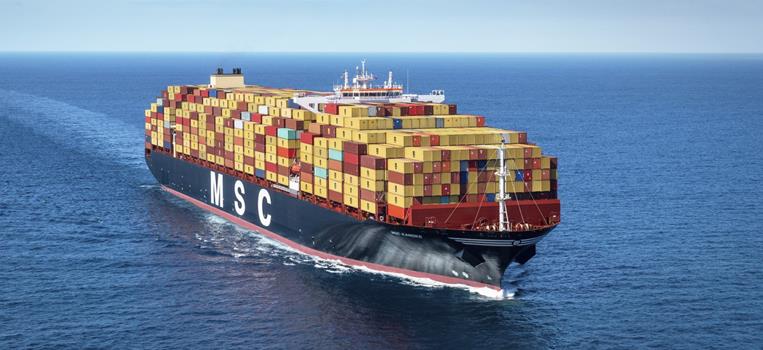Shipping’s inclusion in EU ETS ignores industry’s calls for collaboration
Sep 21, 2020The inclusion of shipping in the EU Emissions Trading System (ETS), which European lawmakers have recently supported, has ignored calls from INTERCARGO and the industry as a whole, for collaboration and adapted solutions to achieve the much needed reduction in Greenhouse Gas (GHG) emissions for greener shipping. Far from being a meaningful contribution towards meeting those objectives, this move is, instead, a confirmation of how distanced the thinking of European decision-makers is from the global dimensions of the shipping sector.
Global challenges and problems require global handling and solutions: The International Maritime Organization (IMO) works to ensure a level playing field globally unlike European or other regional regulations. The latter have proven ineffective, as they create distortions and multi-tier markets, or even trade tensions. A thorough impact assessment on the inclusion of shipping in EU ETS is imperative.
The EU ETS risks causing trade retaliation, an increase in emissions and the decline of European ports. There is a danger that trans-shipment centres will be set up just outside EU borders and served by large, efficient bulk vessels. Smaller, less GHG efficient ships will then transport cargoes to EU ports which will lose efficiencies gained through technology and size. In short, carbon leakage will take place.
The challenge to decarbonise shipping is enormous. IMO’s initial strategy and the adoption of the GHG Roadmap focuses on the implementation of short, medium, and long-term measures. Shipowners have responded responsibly to the challenge by putting forward the USD 5bn R&D fund proposal as a much needed longer-term complementary contribution to set in motion the chain of innovation, investment, production, and adoption by the marketplace of innovative technologies and energy carriers.
“The industry needs fuel/energy suppliers, engine manufacturers, shipbuilders and charterers to achieve IMO’s objectives,” said INTERCARGO Secretary General Kostas Gkonis. “Bringing these key stakeholders aboard has arguably been the greatest challenge for IMO. One more challenge has now been added: changing the thinking of narrow-minded regional decision-makers and persuading them to see the broader picture. The inclusion of shipping in EU ETS is basically a money collection mechanism, fundamentally disconnected from the work at IMO, and risks undermining a global GHG solution.”
Similar Stories

CMA CGM Announcement: ISPS Terminal - Croatia
View Article
MSC price and surcharge announcements
View Article
Hapag-Lloyd WDS/WID surcharge to the U.S. East Coast and Gulf ports
View Article
MSC schedule update – Trade Asia to USA West Coast
View Article
Stena RoRo takes delivery of the battery hybrid vessel Guillaume de Normandie
View Article
Indian Register of Shipping reflects on 2024 and sets ambitious goals for 2025
View ArticleGet the most up-to-date trending news!
SubscribeIndustry updates and weekly newsletter direct to your inbox!





